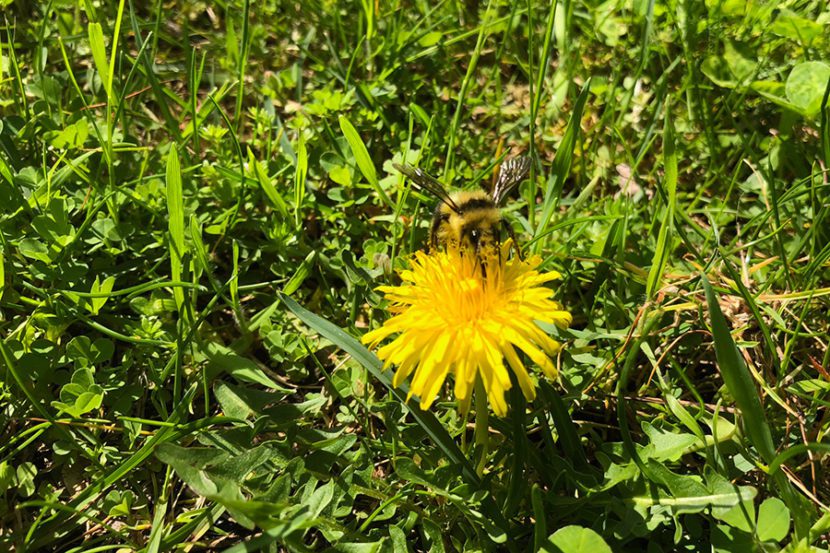The taste of bitter is something that most of us avoid as a rule, yet this taste is highly underrated and overlooked in our culture. First of all, let’s consider that without the bitter, the sweet doesn't taste so sweet. Adding a little bitter to our food makes for complex and interesting flavors, and refines the palate (fennel and radicchio salad, anyone?). Bitter foods and herbs also offer numerous health benefits. The bitter taste stimulates digestive secretions in the mouth, stomach, and other digestive organs, setting the stage for more effective digestion. Digestion is central to our health, as it is the process that sits in judgement over what becomes part of us (hopefully health-giving, essential nutrients) and what gets eliminated (ideally the non-useful and harmful parts of what we ingest). Bitter herbs and foods also calm the nervous system, and can help to balance the body in other ways, such as by regulating blood sugar levels. I find it of great interest to consider that our ancestors, wherever they may have lived, must have eaten a lot of bitter plants, as most wild plants are, regularly influencing their bodies and minds with these effects.
Bitter herbs are most commonly taken in tincture form (an alcohol extract). A few drops to a half teaspoon or so of a bitter tincture taken shortly before eating a meal will help to prime the digestive fires. Such tinctures often combine truly bitter herbs, such as gentian (Gentiana sp.) or artichoke leaf (Cynara scolymus) with aromatic plants such as rosemary (Rosmarinus officinalis) and peppermint (Mentha piperita). These plants are carminative, meaning that they help ease overall digestion and reduce gas, and antispasmodic, helping to ease any cramping in the digestive tract. Bitter tinctures also often contain a small amount of an herb that is somewhat sweet, in order to harmonize or even out the flavor. Common herbs of this type might include licorice root (Glycyrrhiza glabra), which is also great for reducing inflammation and protecting the digestive tract, and fennel (Foeniculum vulgaris), a sweet, aromatic herb helpful in reactive digestive conditions such as irritable bowel syndrome (IBS).
Bitter tinctures may be taken before meals, when there is indigestion, or a few times per day in water, but we must also remember the great tradition of including bitters in cocktails. We can enjoy a simple “mocktail”by adding a teaspoon or so of a bitter tincture in sparkling water to relax and aid digestion at the end of the day. It is important to remember that the bitter must be tasted in order for us to receive their full benefit, as it is the bitter taste receptors in the mouth that begin the process of digestive stimulation. Therefore, we cannot put bitter herbs in capsules that we swallow, bypassing the tastebuds. On the other hand, suffering through a cup of bitter herbal tea is not necessary. Creatively formulated and prepared, herbal bitters can be a very beneficial and enjoyable contributor to out health.
By Daylin Wade, M.S.
